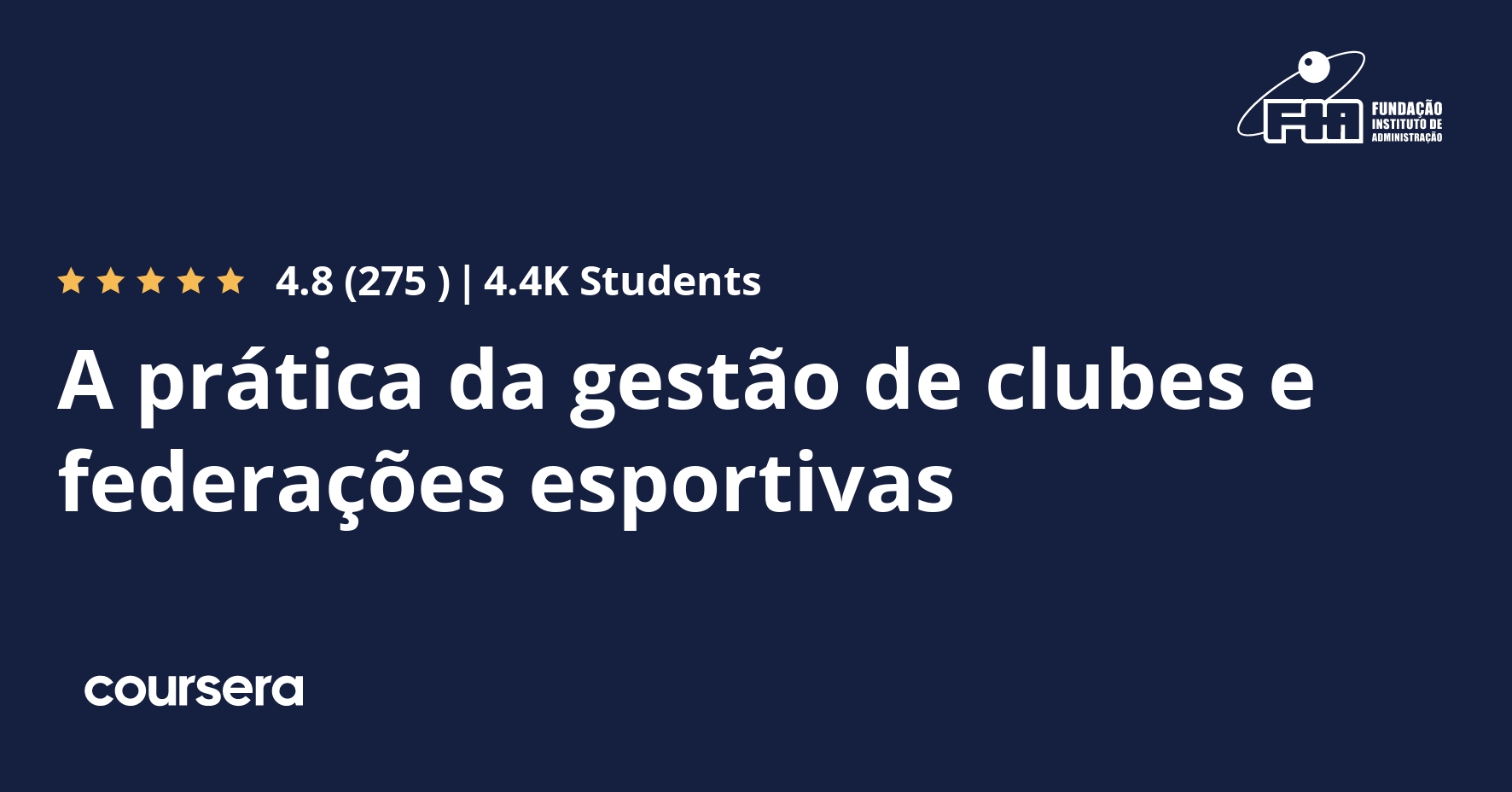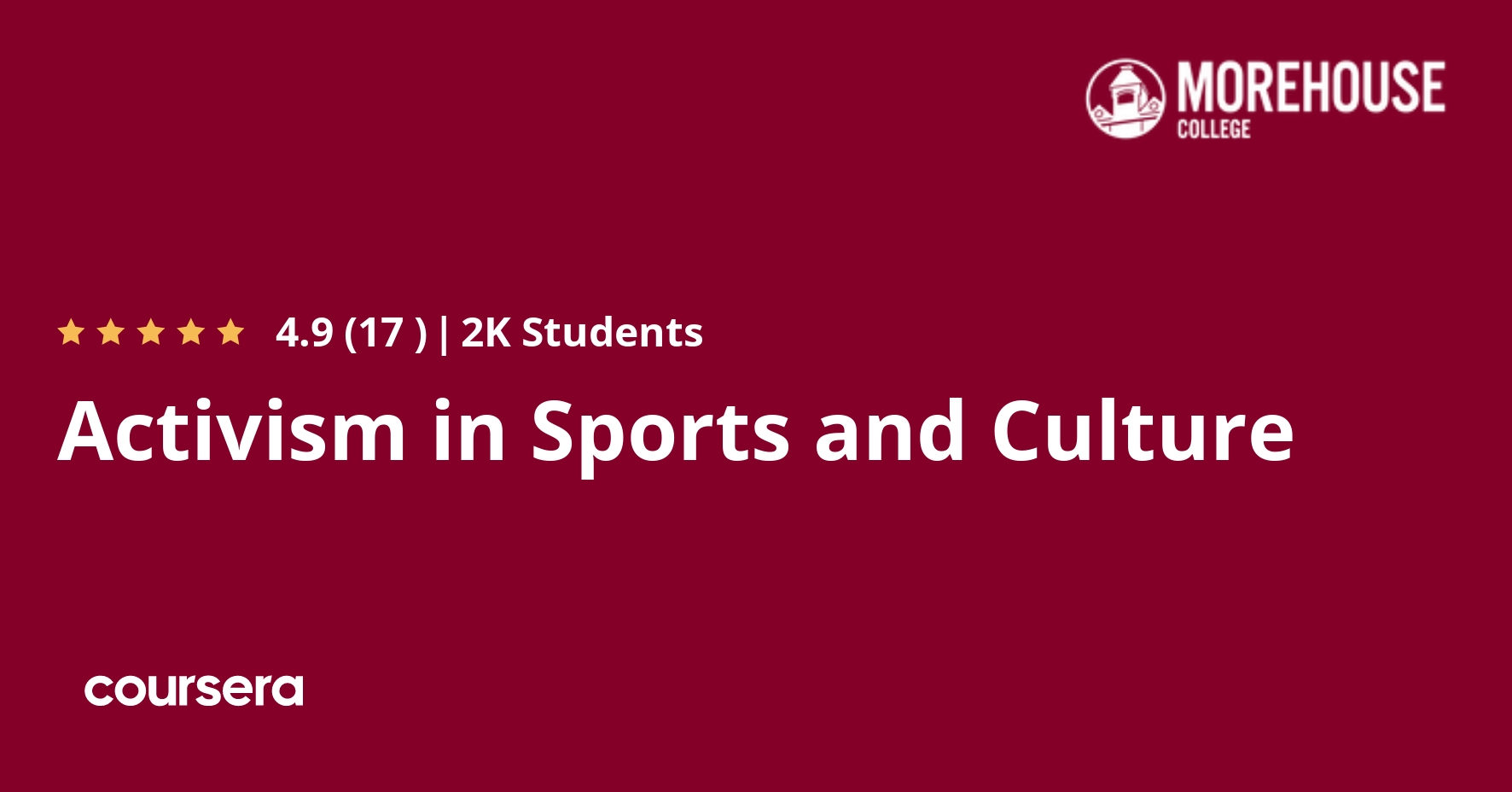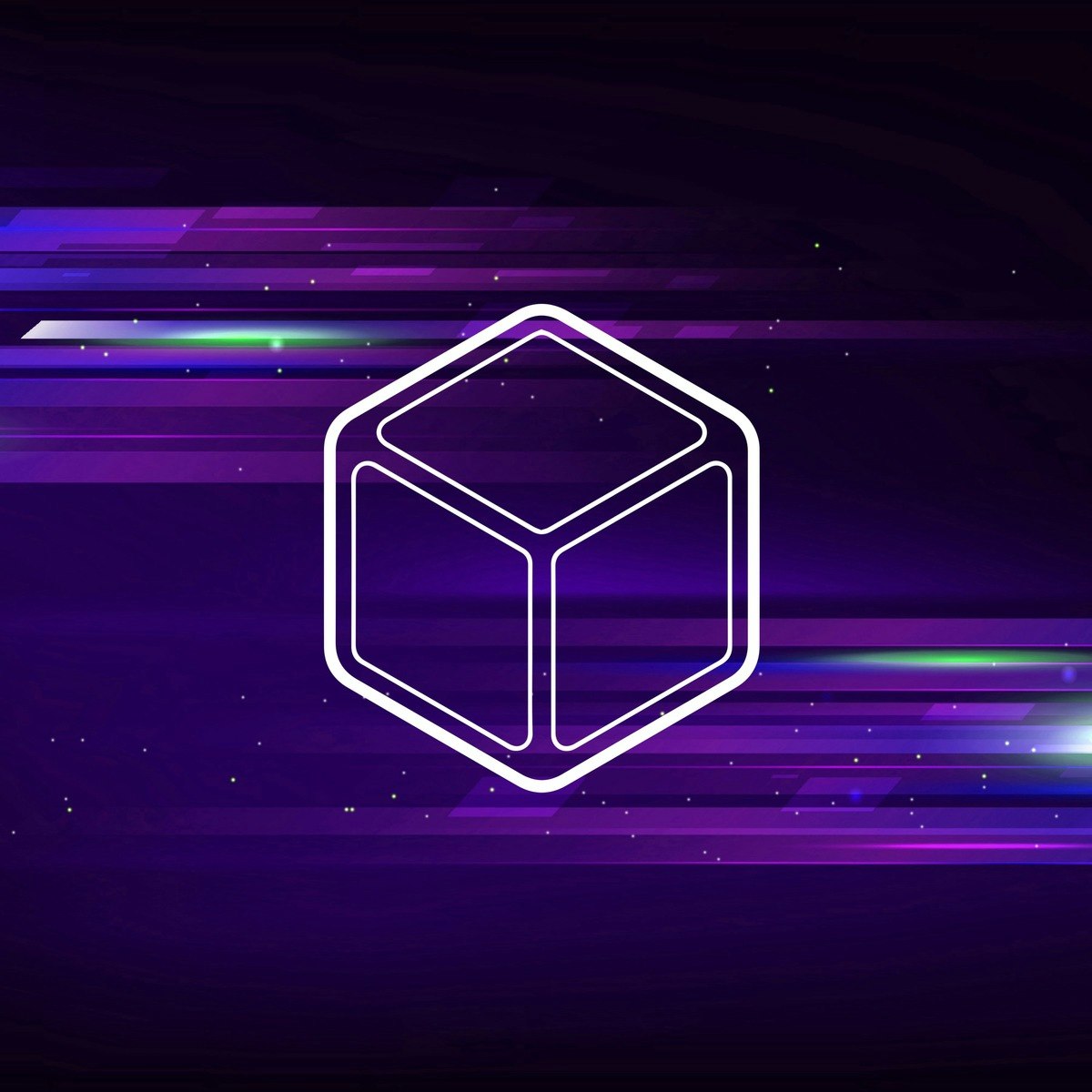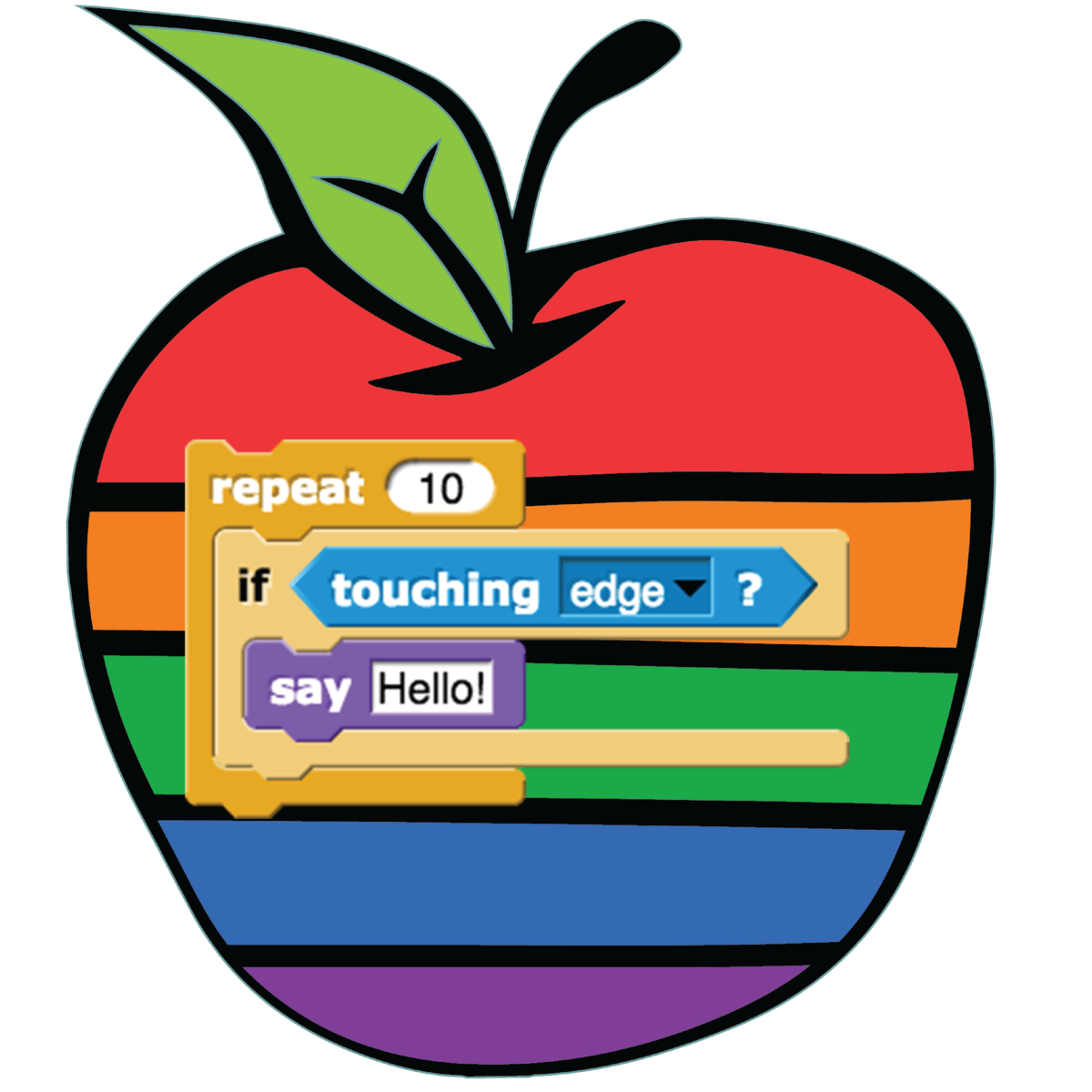Humanities
Attention: Are you ready to embark on a journey through the rich tapestry of human culture and creativity? Humanities online courses offer a unique opportunity to explore the depths of human expression, from ancient civilizations to contemporary society.
discover how studying the humanities can enhance your critical thinking, broaden your perspective, and open doors to diverse career paths.
Enroll in an online humanities course today and unlock your potential to understand and shape the world around you.
Showing 1–12 of 51 results
Showing 1–12 of 51 results
Humanities Course 2024: A Gateway to Understanding Human Culture
In 2024, humanities courses continue to evolve, offering students a unique blend of traditional wisdom and cutting-edge insights. These online humanities courses, available through platforms like Coursera, allow learners to explore a wide range of topics, from philosophy and literature to history and the arts. Whether you’re seeking a certificate or diploma or simply looking to expand your horizons, there’s never been a better time to study humanities.
Online Humanities Courses: Flexibility and Accessibility
The digital age has revolutionized education, making accessing high-quality humanities courses online more accessible than ever. Coursera, in particular, offers diverse options for those looking to delve into the world of arts and humanities. These courses combine the flexibility of online learning with the rigour of traditional academic programs, allowing students to balance their studies with work and personal commitments.
Certificate Programs: Validating Your Humanities Expertise
For those seeking formal recognition of their studies, many online humanities courses offer certificate programs. These certificates can be valuable additions to your resume, demonstrating your commitment to lifelong learning and expertise in specific humanities areas. Whether you’re interested in digital humanities, contemporary American poetry, or any other specialized field, there’s likely a certificate program that aligns with your goals.
Topics to Explore: A Rich Tapestry of Human Knowledge
The humanities encompass many subjects, offering unique insights into the human experience. From studying ancient civilizations to analyzing modern art, humanities courses provide a rich tapestry of topics to explore. Some popular areas of study include world history, linguistics, anthropology, and creative writing. Each of these fields offers opportunities to think critically, investigate complex ideas, and recognize the interconnectedness of human culture across time and space.
Courses in Humanities: A Diverse Range of Options
The field of humanities is vast and diverse, offering a wide range of courses to suit various interests and career goals. From introductory surveys to specialized deep dives, humanities courses cater to learners at all levels. Whether you are interested in philosophy, literature, art history, or cultural studies, you’ll find courses that challenge your thinking and broaden your perspective.
Digital Humanities: Bridging the Gap Between Technology and Culture
As technology continues to shape our world, the field of digital humanities has emerged as an exciting area of study. This interdisciplinary approach combines traditional humanities research methods with cutting-edge digital tools and techniques. Students in digital humanities courses learn to use technology to analyze texts, visualize data, and explore cultural phenomena in new and innovative ways.
Humanities Courses Online: Learning Without Boundaries
The advent of online education has made it possible for anyone, anywhere, to study humanities at their own pace. Online humanities courses offer the same rigorous content as traditional classroom-based courses but with the added benefits of flexibility and accessibility. Whether you’re a working professional looking to upskill or a curious learner seeking personal enrichment, online humanities courses provide a pathway to knowledge and growth.
Study Humanities: Developing Critical Skills for the Modern World
When you study humanities, you’re more than just learning about the past or analyzing works of art. You’re developing a set of critical skills that are highly valued in today’s rapidly changing world. These skills include critical thinking, effective communication, cultural awareness, and analyzing complex information. By honing these abilities, humanities students prepare themselves for success in various careers and personal endeavours.
Diploma Programs: Comprehensive Humanities Education
Many institutions offer diploma programs for those seeking a more comprehensive education in the humanities. These programs typically provide a broader and more in-depth study of the humanities than individual courses or certificate programs. A diploma in humanities can be an excellent foundation for further academic study or various career paths.
Context and Relevance: Understanding the Human Experience
One key benefit of studying humanities is gaining the ability to understand and interpret information within its proper context. This skill is invaluable in today’s information-rich world, where the ability to discern meaning and relevance is crucial. Humanities courses teach students to consider historical, cultural, and social contexts when analyzing texts, artworks, or societal issues.
Postgraduate Opportunities: Advancing Your Humanities Education
Postgraduate programs offer opportunities for advanced study and research in the humanities. These programs allow students to specialize in specific areas of interest, contribute to academic discourse, and pursue careers in academia or research. Many online platforms now offer postgraduate-level courses in humanities, making advanced education more accessible than ever.
Best Career Options: Leveraging Humanities Skills in the Workplace
Contrary to popular belief, a humanities education can lead to many rewarding career options. Graduates with humanities backgrounds often excel in journalism, public relations, marketing, education, and non-profit management. Employers across various industries highly value the critical thinking, communication, and analytical skills developed through humanities courses.
Think Critically: The Core of Humanities Education
The heart of every humanities course is the emphasis on critical thinking. Students learn to question assumptions, analyze arguments, and develop well-reasoned opinions on complex issues. This ability to think critically is crucial not only for academic success but also for navigating the challenges of personal and professional life in the 21st century.
Honour Your Curiosity: Pursuing Passion Through Humanities
Studying humanities is often a deeply personal and enriching experience. It allows individuals to explore their passions, whether delving into the works of great philosophers, analyzing pivotal moments in history, or creating their own works of art or literature. By honouring your curiosity through humanities courses, you open yourself up to new perspectives and experiences that can profoundly impact your life.
Creative Writing: Expressing the Human Experience
Many humanities courses offer opportunities to explore creative writing, allowing students to express their ideas and experiences through poetry, fiction, or non-fiction. These courses help develop writing skills and encourage students to think creatively, observe the world around them more closely, and communicate their thoughts and feelings effectively.
Investigate the Human Condition: Anthropology and Sociology
Humanities courses often include elements of anthropology and sociology, disciplines that investigate how humans interact, form societies, and create culture. These fields provide valuable insights into human behaviour, social structures, and cultural differences, helping students better understand the complexities of our globalized world.
Recognize Patterns in Human Behavior: Psychology and Philosophy
Many humanities courses incorporate aspects of psychology and philosophy, enabling students to recognize patterns in human behaviour and thought across cultures and throughout history. This interdisciplinary approach helps learners better understand the human condition and our place in the world.
UI and Technology in Humanities: Digital Tools for Research and Analysis
As technology evolves, many humanities courses now incorporate training in user interface (UI) design and digital research tools. Students learn to use software for textual analysis, data visualization, and digital archiving, enhancing their technical skills while applying them to humanities research.
Careers in Arts and Culture: From Museums to Media
For those passionate about the arts, humanities courses can lead to exciting careers in museums, galleries, theatres, and other cultural institutions. Additionally, the analytical and communication skills developed in these courses are highly valued in the media industry, opening doors to journalism, film, and television careers.
Technical Skills for the Modern Humanist: Data Analysis and Digital Literacy
Today’s humanities courses often include training in technical skills such as data analysis and digital literacy. These skills enable students to engage with digital humanities projects, analyze large datasets of cultural information, and present their findings using modern visualization techniques.
Prototype Your Ideas: Design Thinking in Humanities
Some innovative humanities courses now incorporate elements of design thinking, encouraging students to prototype their ideas and solutions to complex problems. This approach bridges the gap between theoretical knowledge and practical application, preparing students for careers requiring creative and analytical skills.















